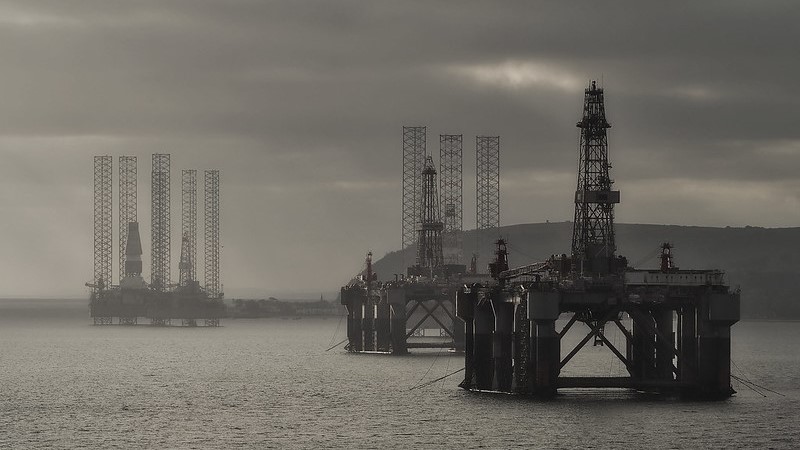Watershed moments don’t come around too often in the slow world of climate diplomacy.
But the International Energy Agency’s first comprehensive scenario to align the energy sector with limiting global heating to 1.5C is a major turning point.
It found that all new oil, methane gas and coal exploration projects must stop now if the energy sector is to reach net zero emissions by 2050, precluding gas as a ‘bridge fuel’ in the energy transition.
The message itself is not novel, researchers have warned of the need for a fossil fuel phase out for years. Last year, a UN-backed report found that global fossil fuel production would have to decline by 6% per year between 2020 and 2030 to be consistent with a 1.5C pathway.
But coming from the IEA, which is funded by oil-producing nations, the report is a call to action for investors and policymakers to face the inevitability of a managed decline of dirty energy.
It was awkward timing for Shell. The oil giant asked its shareholders to support its climate strategy, which includes the expansion of gas production, on the day of the report’s launch.
Total is likely to feel the heat next week as it faces its shareholders while scrambling to secure the funding it needs to exploit and export Uganda’s oil.
The IEA’s net zero scenario certainly puts pressure on the G7 group of rich nations to agree strong language on the need to phase out fossil fuel financing as they meet in Cornwall, UK, next month.
Spain has joined a small group of nations already taking the lead. Its new climate law bans all new coal, gas and oil exploration and production permits and sets a 2042 end date for the production of fossil fuels. Major fossil fuel producers are yet to follow.
Meanwhile, Cyclone Tauktae has left a trail of devastation in western India this week as rising temperatures fuel more intense cyclones in the Arabian Sea.
This week’s news…
- Germany launches $1 billion biodiversity fund after world misses targets
- Cyclone Tauktae leaves trail of devastation in western India, fuelled by a warming sea
- IEA: End fossil fuel expansion now for net zero energy emissions by 2050
- Spain to end fossil fuel production by 2042 under new climate law
- Women and youth are leading Kenya’s coral reef revival
and comment….
